...Generally speaking, we have two kinds of consciousness. One I will call the "spotlight," and the other the "floodlight." The spotlight is what we call conscious attention, and we are trained from childhood that it is the most valuable form of perception. When the teacher in class says, "Pay attention!" everybody stares, and looks right at the teacher. That is spotlight consciousness; fixing your mind on one thing at a time. You concentrate, and even though you may not be able to have a very long attention span, nevertheless you use your spotlight: one thing after another, one thing after another . . . flip, flip, flip, flip, flip.
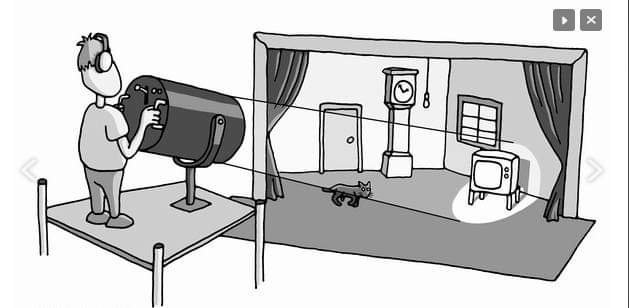
However, we also have floodlight consciousness. For example, you can drive your car for several miles with a friend sitting next to you, and your spotlight consciousness may be completely absorbed in talking to your friend. Nevertheless, your floodlight consciousness will manage the driving of the car, will notice all the stoplights, the other idiots on the road, and so on, and you will get there safely without even thinking about it.
However, our culture has taught us to specialize in spotlight consciousness, and to identify ourselves with that form of consciousness alone. "I am my spotlight consciousness, my conscious attention; that is my ego; that is me." Although we very largely ignore it, the floodlight consciousness is working all the time, and every nerve ending that we have is its instrument. You can go out to a luncheon and sit next to Mrs. So-and-So, and you go home and your wife asks you, "Was Mrs. So-and-So there?"
"Yes, I sat next to her."
"Well, what was she wearing?"
"Well, I haven't the faintest idea."
You saw, but you did not notice. Now, because we have been brought up to identify ourselves with the spotlight consciousness, and the floodlight consciousness is undervalued, we have the sensation of ourselves as being just the spotlight, just the ego that looks and attends to this and that and the other. So we ignore and are unaware of the vast, vast extent of our being.
People, who by various methods become fully aware of their floodlight consciousness, have what is called "a mystical experience," or what the Buddhists call bodhi, an awakening. The Hindus call it moksha, or liberation, because they discover that the real deep, deep self, that which you really are fundamentally and forever, is the whole of being—all that there is, the works, that is you. Only that universal self that is you has a capacity to focus itself at ever so many different here-and-nows.
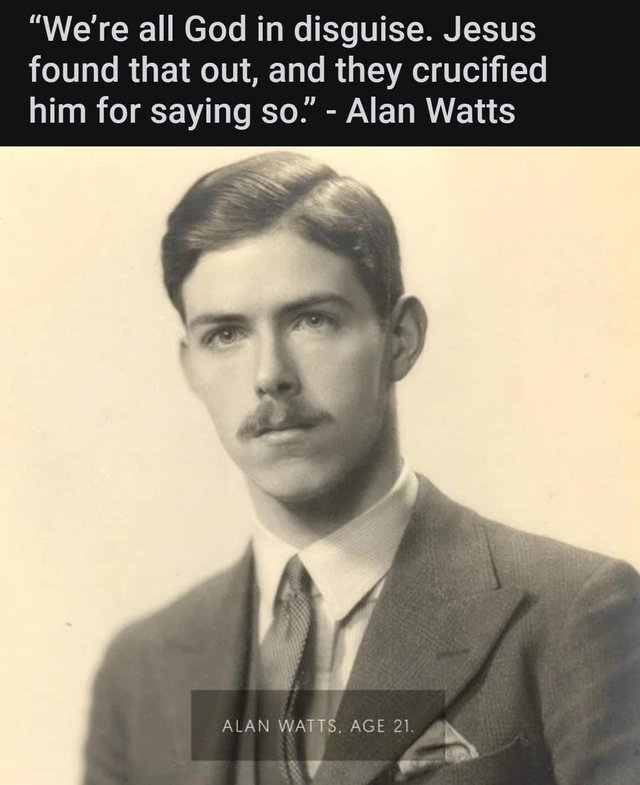
So, as William James said, "The word T is really a word of position like 'this,' or 'here.'" Just as a sun or star has many rays, so the whole cosmos expresses itself in you and you and you in all the different variations. It plays games: it plays the John Doe game, the Mary Smith game. It plays the beetle game, the butterfly game, the bird game, the pigeon game, the fish game, the star game. These are games that differ from each other just like backgammon, bridge, poker, or pinochle; or like the waltz, mazurka, minuet, and tango. It dances with infinite variety, but every single dance that it does—that is to say, you—is what the whole thing is doing.
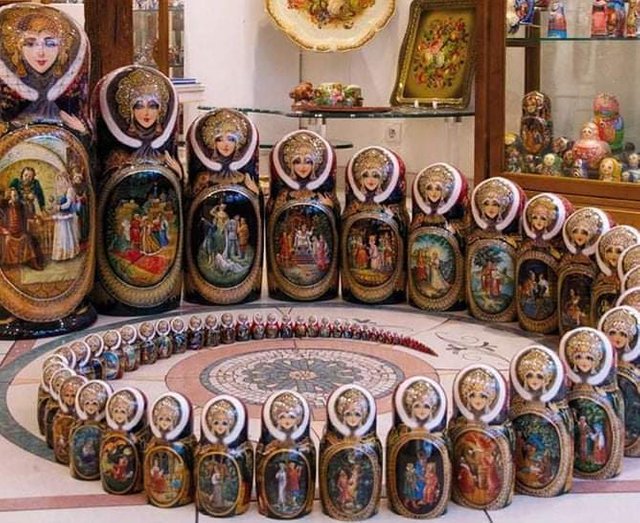
However, we forget and we do not know who we are. We are brought up in a special way so that we are unaware of the connection, and unaware that each one of us is the works, playing it this way for awhile. So we have been taught to dread death as if it were the end of the show because it will not happen any more.
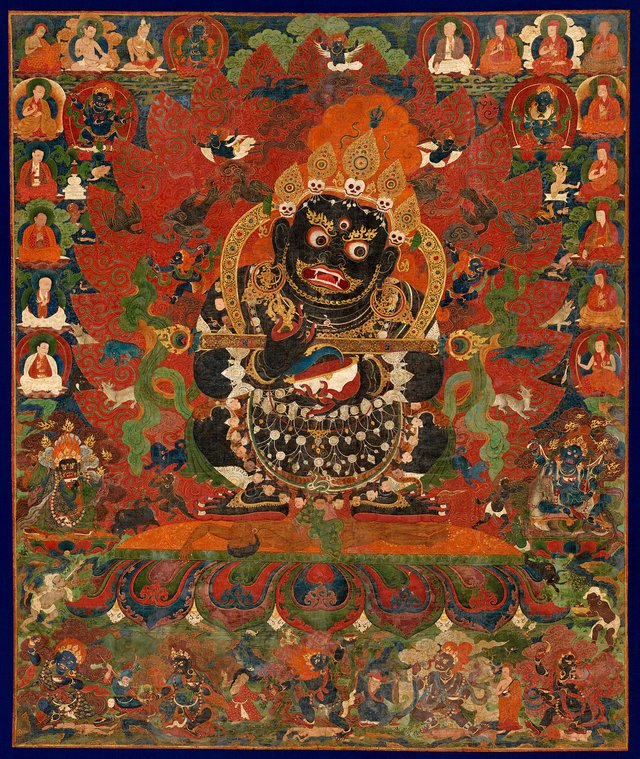
Therefore we are conditioned to be afraid of all the things that might bring about death: pain, sickness, suffering. If you are not really vividly aware of the fact that you are basically "the works," chances are you have no real joy in life, and you are just a bundle of anxiety mixed in with guilt.
Article via fb Alan Watts
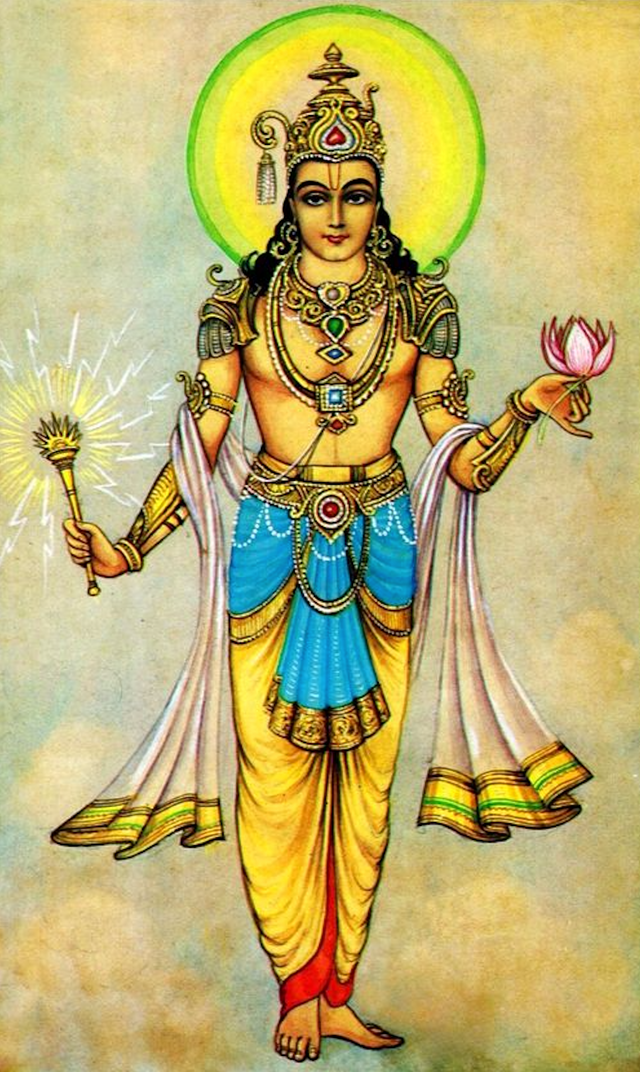
♡
_ \ \ | / / _